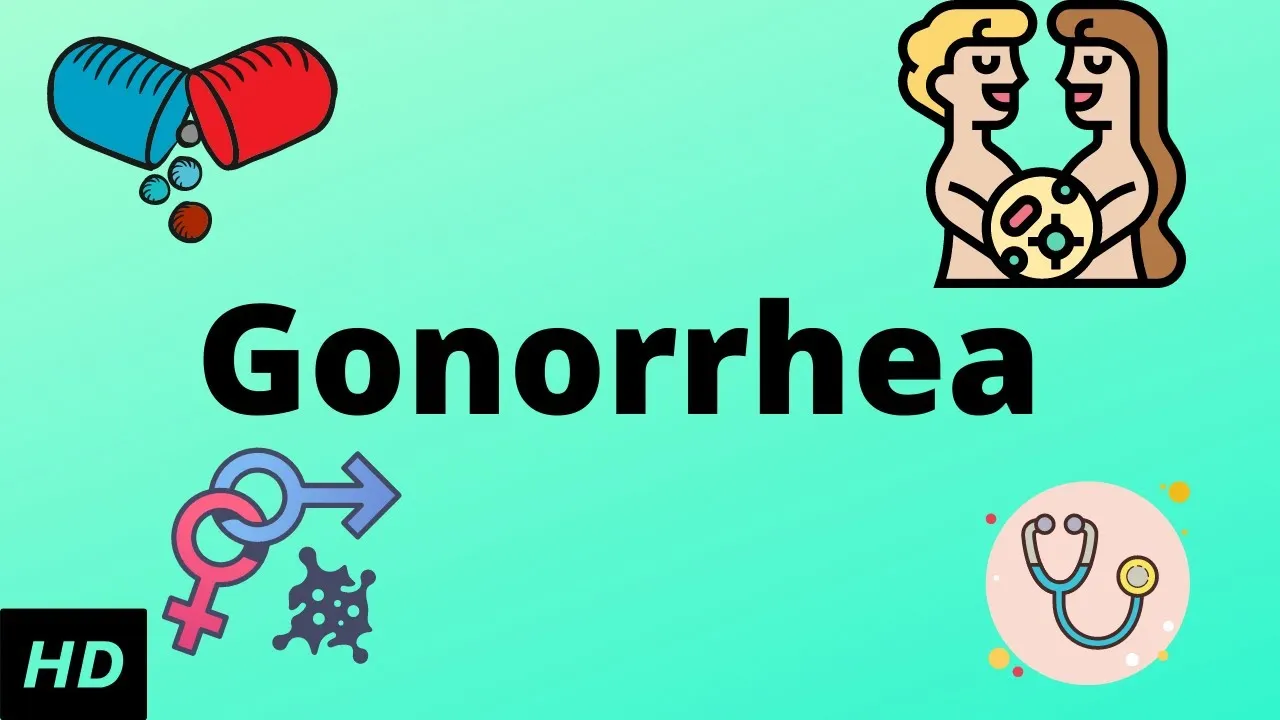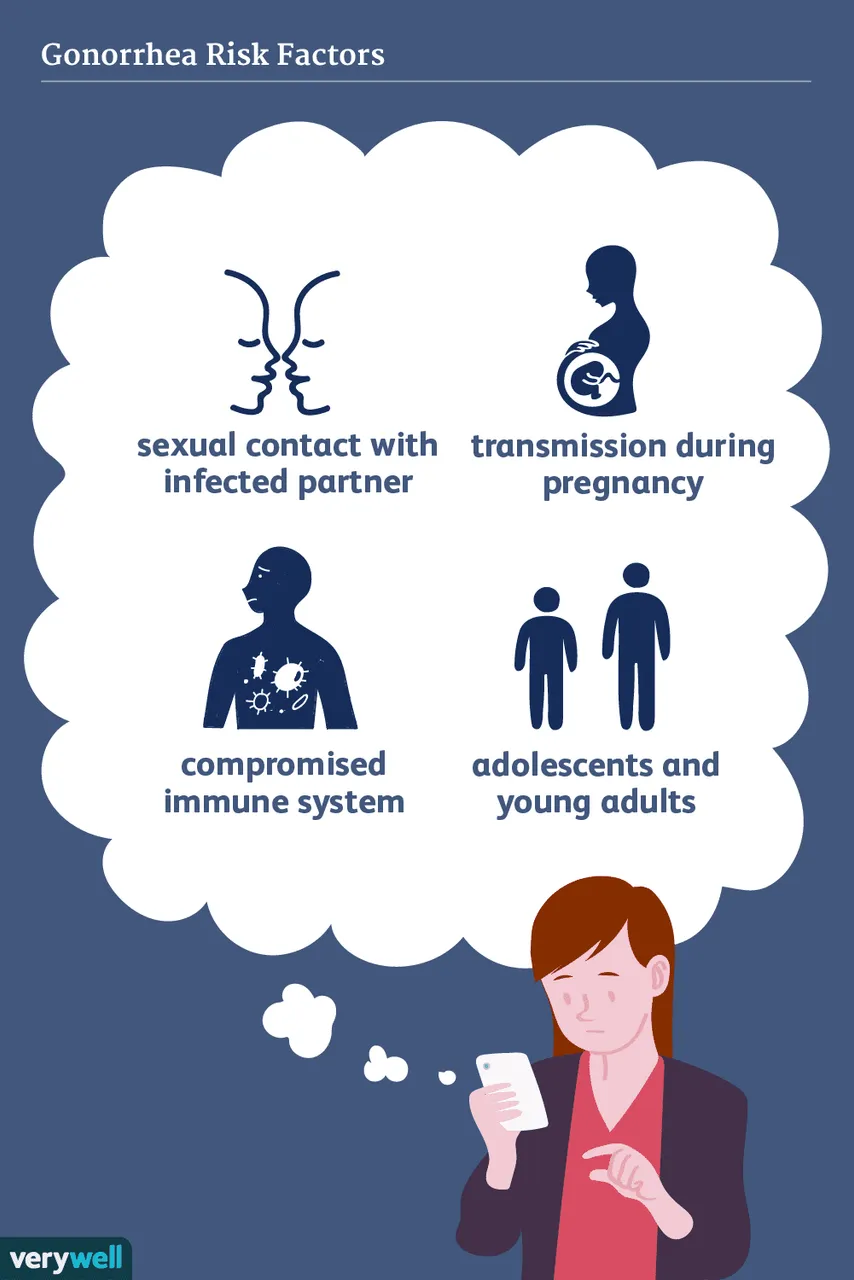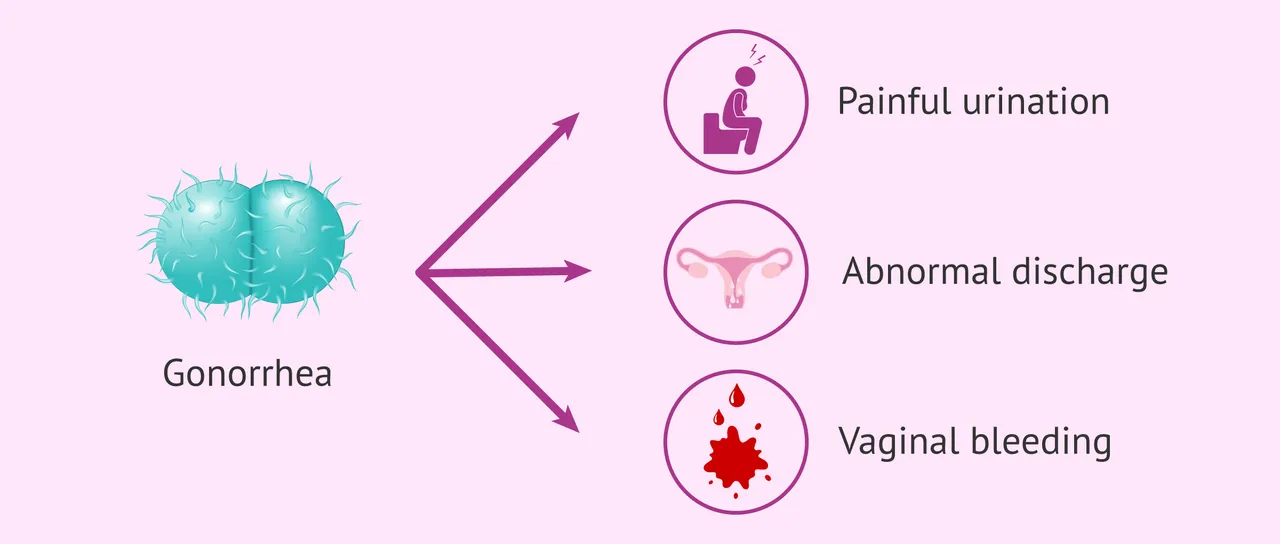Gonorrhea is a common and dangerous sexually transmitted infection (STI) that can have very serious implications, especially if left untreated. It’s caused by the bacterium called gonococcus, a type of Neisseria bacteria. The condition is much more common in people who have multiple sexual partners and those who practice unprotected sex.
If you think you might be at risk of contracting it, read some of the points I'll be providing with you to discover more about the causes, symptoms, and treatment options for gonorrhea.
What is Gonorrhea
Gonorrhea is an infection that is contracted by contact between the genitals and the mouth, throat, and anus. It is caused primarily by bacteria called Neisseria gonorrhoeae, or gonococcus. This bacteria can live in the genitals, mouth, and anus of people who are infected, as well as in their semen and vaginal fluids. A person-to-person can contract gonorrhea if there's direct contact. Gonorrhea is an STI that can be passed through vaginal, anal, or oral sex, as well as through other activities that may expose you to infected body fluids, such as touching the skin with an infected hand.
Causes of Gonorrhea
Sexual intercourse: Gonorrhea can be passed from one partner to another through sex, and it can be passed even if you do not experience orgasm or ejaculation. Gonorrhea can also be passed if you have sex while you are menstruating.
Having oral sex: Gonorrhea can be passed through oral sex if one partner has gonorrhea in the throat or on their genitals and the other partner has the bacteria in or on their mouth or in the anus.
Using the same sex toys: If a sex toy that is used by more than one person is shared, it can transmit gonorrhea.
Having anal sex: Gonorrhea can be passed during anal sex.
Having sex while on a dive: having sex while on scuba diving or while you are in the water, especially if you are in warm water (above 30 degrees Celsius) can increase the risk of a person contracting gonorrhea.
Symptoms of Gonorrhea
Some people with gonorrhea don’t experience any symptoms. While others experience pain, itching, burning, and urination, along with other symptoms. Gonorrhea is often mistaken for other STIs, including urinary tract infections (UTIs) and yeast infections.
Below, I'll suggest that if you're experiencing any of the following symptoms provided, you may have gonorrhea and need to see a doctor with immediate effect.
Discharge from the vagina: This usually occurs with a yellow or green vaginal discharge that has a strong smell and is one of the common symptoms of gonorrhea that everyone must take note of.
Unusual pain during urination: Burning pains usually occur when an infected person is urinating. Sometimes, frequent urges to urinate are other gonorrhea symptoms.
Genital sores: Small, red bumps around the vaginal area, the anus, or on the thighs are gonorrhea symptoms.
Gonorrhea can also cause flu-like symptoms, such as general fatigue, headache, and/or aches and pains.
Gonohorrhea sometimes can also cause pain in the lower back and pelvic area. This pain can be so severe that sitting, walking, or standing up straight can be difficult.

Treatment of Gonohoer
The best way to treat gonorrhea is to take antibiotics. If you have gonorrhea, you and your partner(s) need to be treated at the same time. While gonorrhea can be treated with antibiotics, it cannot be cured. This means that gonorrhea can come back if you don’t take precautions to prevent it.
If you’re pregnant or breastfeeding and you suspect or know you have gonorrhea, talk to your healthcare provider. You may need a different treatment to treat your gonorrhea.
If you suspect you or your partner has gonorrhea, it’s important to see a doctor with immediate effect to be tested and treated because the earlier done the better.

Conclusion
Gonorrhea can be transmitted very easily through sexual contact, and all it takes is one time of risky sexual behavior to contract the infection. If you're suspected to have contracted gonorrhea, it's actually important to see a doctor for quick testing and treatment. It’s also important for everyone to get tested regularly for gonorrhea, as well as other STIs. If you are in a monogamous relationship, you can also ask your partner to get tested for gonorrhea to make sure they aren’t infected.
Sources:


